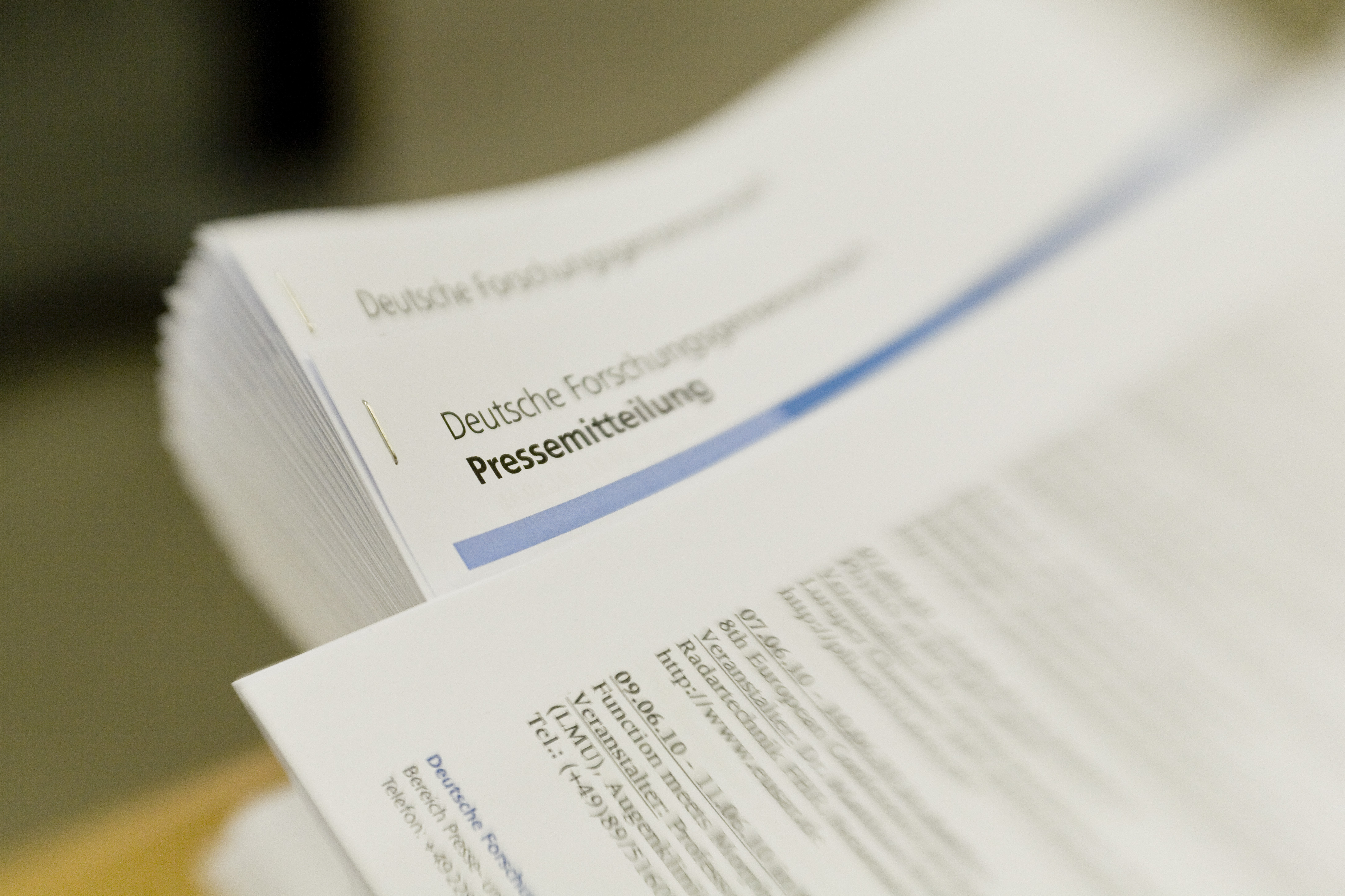Results of the Senate Working Group

When considering the impact of the coronavirus pandemic on research activities, the Senate Working Group focuses on the DFG’s funding action. It has issued a report and concrete recommendations summarising its assessment of the medium- and long-term consequences of the pandemic.
Report by the Senate Working Group
In its report, the Senate Working Group sheds light on the impact of the coronavirus pandemic on research and funding activities. It identifies areas and groups of people particularly affected by the pandemic, as well as opportunities arising from it.
Recommendations from the Senate-AG
The impact of the coronavirus pandemic on research activity varies from individual to individual and from project to project. It will often depend on the respective subject area, funding format and personal circumstances. In order to ensure that these effects can be properly considered in the context of funding decisions, applicants, reviewers and committee members should be made aware of pandemic-related changes in project implementation.
A new information letter (DFG form 55.07) is now included in every review process that makes it easier for applicants to describe any obstacles to project implementation and outline alternative strategies in their proposal, thereby enabling reviewers and members of decision-making bodies to take these circumstances into account in their assessment. This is particularly relevant to renewal proposals under Coordinated Programmes and Individual Grants Programmes.
What is more, the DFG’s new CV template enables an even more individual, qualitative assessment of the applicant and their respective academic achievements. For example, non-publication-related research accomplishments such as other activities contributing to the science system or supervision of researchers at earlier career stages are to be made more visible than before; also, applicants are to be able to validly claim that private circumstances such as “career breaks” or additional burdens are relevant to the assessment of their research performance. Where applicable, this means that allowance can be made for unavoidable CV gaps exclusively in favour of the applicant when assessing their academic achievements.
The coronavirus pandemic has had a disproportionate impact on individuals at an early stage of their academic career. Since they are less firmly anchored in academic networks, these individuals have been severely affected by the contact restrictions imposed in recent years. The Senate Working Group therefore asks DFG-funded research consortia to pay particular attention not only to their own members but also to external researchers in early career phases, and to specifically include them in networking consortium activities.
Appeal to DFG-funded research consortia:
It is suggested that subject-specific consortium events be supplemented with specific programme elements dedicated to networking and that the circle of invitees be expanded to include external researchers in early career phases. The DFG database GEPRIS can be used to identify thematically relevant researchers in early career phases. Funds can be used flexibly to invite external guests.
Build and revitalise (international) scientific networks:
Initial contact and incipient collaboration have been hampered not just by the contact restrictions during the pandemic but also by the shift to the widespread use of digital formats in science and scholarship. In addition to the general opportunities for applying for travel funds, the Senate Working Group would like to promote two DFG funding programmes that offer support options for national and international networking, thereby helping to actively counter any potential deficits in this area. These funding opportunities are explicitly open to researchers in early career phases as well.
Doctoral researchers and junior research group leaders have been disproportionately affected by many of the pandemic restrictions such as project delays, contact restraints, limited opportunities for dialogue and networking, and care responsibilities. These concerns are of course given special consideration in connection with the regular DFG advisory services provided for early career researchers:
- As part of the “Prospects” series, information events for the early career phase are held on a regular basis which consistently offer an additional opportunity for direct dialogue.
- The German Academic International Network (GAIN) – a network for academics from Germany who are mobile worldwide – has provided support since 2003 in helping such individuals maintain contacts with German academic institutions and assisting them in preparing for a return to Germany as their research base.
- Some of the regular meetings for DFG funding recipients under the Emmy Noether and Heisenberg Programmes were held virtually during the pandemic and have been held on an in-person basis once again since 2022.